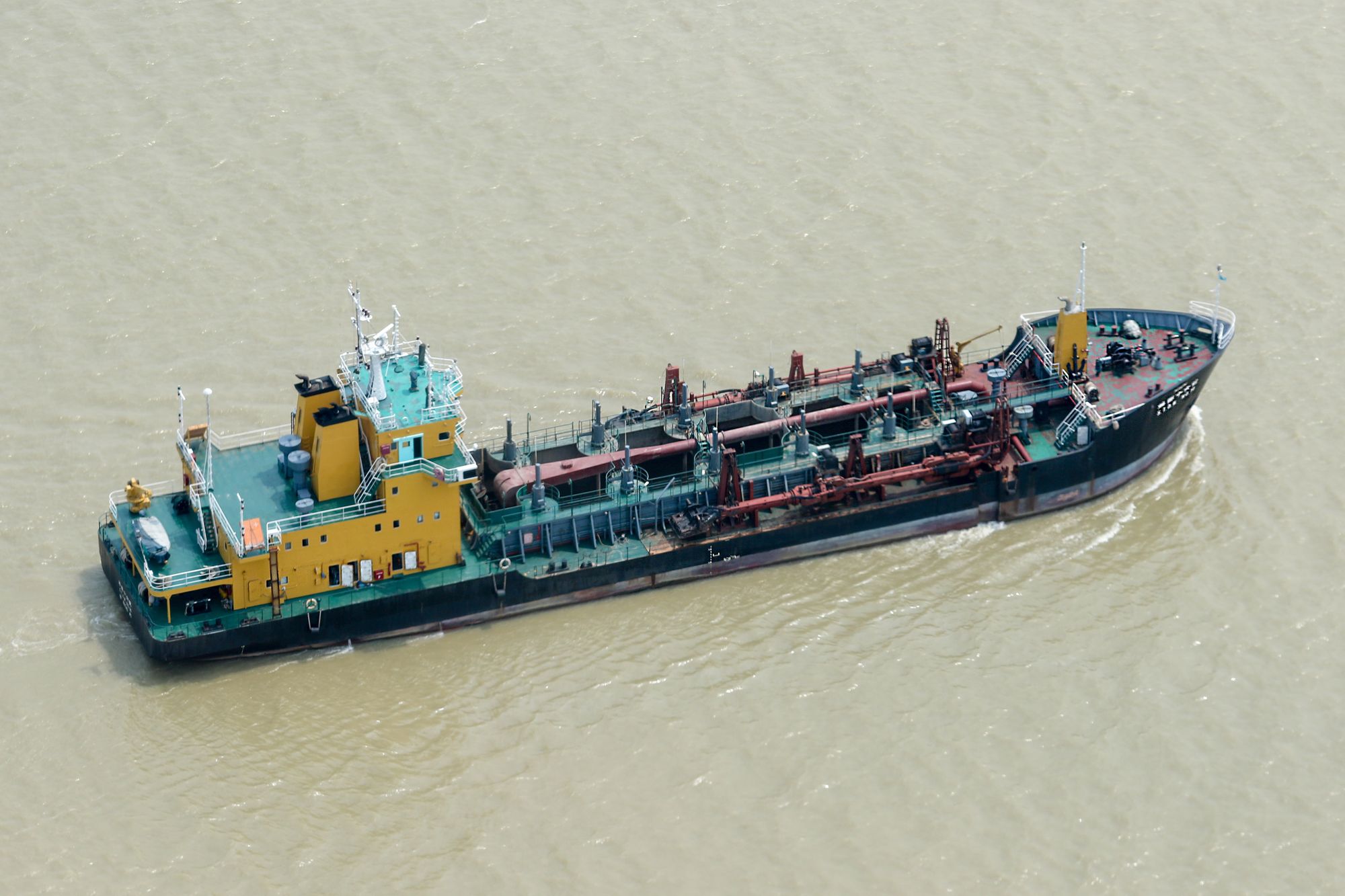Unit 2 - Problems & Exercises
International Economics, Development Policy Philosophy & Disruptions: Multilateral & FTA Trading Whys & Wherefores (Meanwhile, What is IPEF?)

This week we are basically in the weeds still trying to raise consciousness and increase your understanding of the social science behind trade law questions, involving international economics and international relations so you understand more of the legal aspects of the course. I expect maybe 1/3-1/2 of the class studied business, economics, political science or international relations as undergraduates, so for those students this is something like a review of what you learned in college. So I would like them in particular to contribute below because your colleagues who studied more the liberal arts, engineering, or natural sciences will be straining to keep up with a heavy dose of social science. Be generous, work with your colleagues.
Prospective JAG officers take special note, before you are detailed to the South China Sea or AUKUS Quad exercises. Just to test your understanding of what might be going on with China, what are the underlying differences in what might be called the Chinese view of Asia’s economic future under the Regional Common Economic Partnership (RCEP) and the US view under the Transpacific Partnership (or at least the TPP-11, which was the TPP minus the US, entered into by the other 11 countries after the US dropped out)? The general story is that China favors regionalizing economies, as a function of the idea that Asians should be redirecting trade among Asian countries, as opposed to the traditional trade pattern in which Asian trade was more with Europe and North America. (Not coincidentally, this reflects the Chinese economic policy that they should shift domestically more to a consumer or consumption-oriented economy, as opposed to remaining an export-oriented economy, as has been the case since the 1980s.) So China specifically pushes the RCEP as a trade vehicle with only regional members. It is no accident that the TPP is entitled “Transpacific,” because the US, North and South America generally are then included with Asian countries. What do you think it means that the latest US effort in Asia is entitled the Indo-Pacific Economic Framework (IPEF)? Why do we care about the WTO or multilateral trade law versus FTAs like the RCEP versus TPP versus IPEF contest, and how much of this involves “politics” as opposed to economics or trade law as such?
The problem reaching back into the Trump Administration is that we seemingly are engrossed in the tactical use of tariffs, etc., which is fine, but that does not really answer why you are “twisting someone’s arm” in terms of what you really want? (Meanwhile, both the Trump and Biden Administrations were focused understandably more on the domestic economy in the wake of the Covid Pandemic.) So, is it in the best interests of the US to abandon the WTO and the multilateral trading system, as opposed to trying to reform it? What are the likely outcomes if we just leave the WTO? Or is it more in the interests of the US to focus on FTAs and bilateral trading relationships (while treating the WTO with benign neglect), but in that case the issue is whether other countries really seek one-on-one negotiations, versus seeking instead to make the superregionals like RCEP and TPP their trade law vehicle of choice? What place does IPEF have in all this? You can only make countries dance with you if they see it as in their own best interest. What do we think is actually in our own best interest in a positive, strategic sense, in terms of focusing on the multilateral trading system versus FTAs, or do we stay with both, or go in the direction of IPEF, and why?
In the brave new world of the increasing use of factory robots, artificial intelligence, the digital economy, etc., what is the place of this trade law stuff? We seem to be having a contentious patch like a return to the 1960s in political and social terms, so what do you have to add in domestic terms beyond trade law when the old slogans like free trade versus fair trade really do not seem to address the domestic issues produced by trade across borders, etc.? And what do you make of the seeming technological competition visible starting with the Huawei ban, etc.? What is going on behind the scenes, or is “so what” the proper law school response?
What is this development stuff about, and why should we care how the bottom 80% of the world, or whatever percentage, think about trade law and economic questions? There are at least two answers to that question. The first is that lawyers work for clients, and talk with your business school student colleagues if you have any question about whether American businesses are and remain primarily domestically oriented (not, at least not in the case of significant enterprises). The second is the basis for the business view, that the dominant forecast has been for at least five years that six of the seven largest economies in the world in 2050 are what would be referred to currently as "emerging economies" (meaning only the US as current developed country is still projected to be in this august group of economies). The direction, if not the details, seems clear, and currently enrolled law students will presumably still be working as senior lawyers only in their mid-fifties by then, so it presumably will remain part of your professional outlook as senior lawyers.